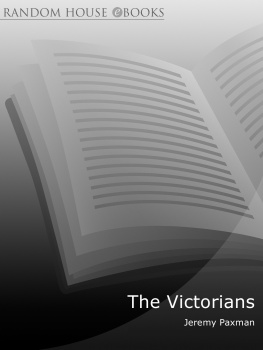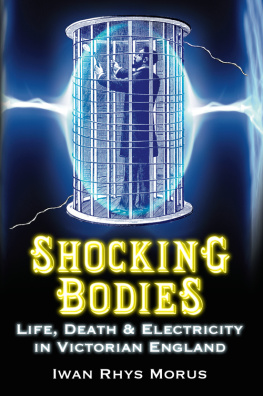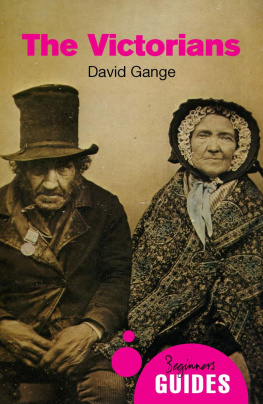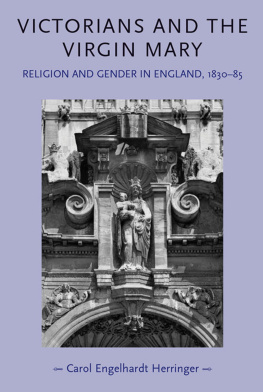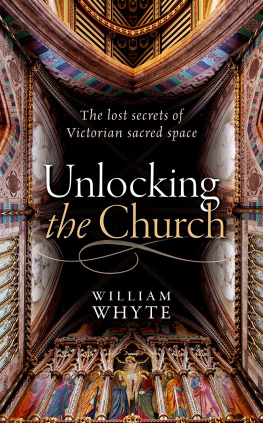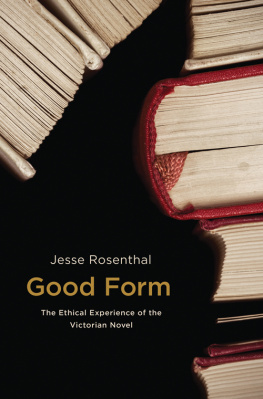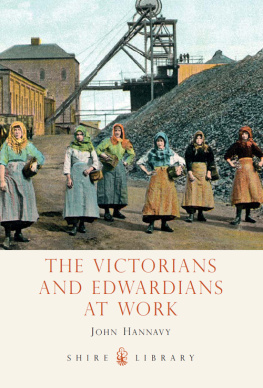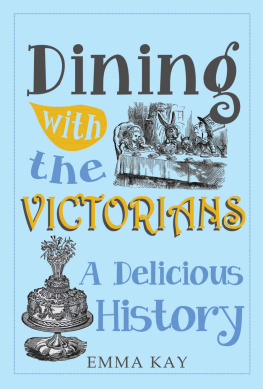Routledge Library Editions: Womens History
The Ends of History
First published in 1991
This edition first published in 2013
by Routledge
2 Park Square, Milton Park, Abingdon, Oxon, OX14 4RN
Simultaneously published in the USA and Canada
by Routledge
711 Third Avenue, New York, NY 10017
Routledge is an imprint of the Taylor & Francis Group, an informa business
1991 Christina Crosby
All rights reserved. No part of this book may be reprinted or reproduced or utilised in any form or by any electronic, mechanical, or other means, now known or hereafter invented, including photocopying and recording, or in any information storage or retrieval system, without permission in writing from the publishers.
Trademark notice: Product or corporate names may be trademarks or registered trademarks, and are used only for identification and explanation without intent to infringe.
British Library Cataloguing in Publication Data
A catalogue record for this book is available from the British Library
ISBN: 978-0-415-53409-3 (Set)
eISBN: 978-0-203-10425-5 (Set)
ISBN: 978-0-415-62304-9 (Volume 11)
eISBN: 978-0-203-10412-5 (Volume 11)
Publishers Note
The publisher has gone to great lengths to ensure the quality of this reprint but points out that some imperfections in the original copies may be apparent.
Disclaimer
The publisher has made every effort to trace copyright holders and would welcome correspondence from those they have been unable to trace.
The Ends of History
Victorians and The Woman Question
Christina Crosby
First published 1991
by Routledge
a division of Routledge, Chapman and Hall, Inc.
29 West 35th Street, New York, NY 10001
Simultaneously published in Great Britain
by Routledge
11 New Fetter Lane, London EC4P 4EE
1991 Christina Crosby
Typeset in 10/12 Times by
Butler & Tanner Ltd, Frome and London
Printed in Great Britain by
Butler & Tanner Ltd
All rights reserved. No part of this book may be reprinted or reproduced or utilized in any form or by any electronic, mechanical, or other means, now known or hereafter invented, including photocopying and recording, or in any information storage or retrieval system, without permission in writing from the publishers.
British Library Cataloguing in Publication Data
Crosby, Christina
The ends of history: Victorians and the woman question
1. Great Britain. 1837
I. Title
941.081
Library of Congress Cataloging in Publication Data
Crosby, Christina
The ends of history: Victorians and the woman question /
Christina Crosby,
p. cm.
1. English fiction - 19th century - History and criticism.
2. Feminism and literature - Great Britain - History - 19th century.
3. Women and literature - Great Britain - History - 19th century.
4. Social problems in literature. 5. Women in literature.
I. Title
PR878.F45C76 1991
820.9008082 - dc20 90-8166
ISBN 0-415-00935-9
ISBN 0-415-00936-7 pbk
For Jane Miller Crosby and Kenneth Ward Crosby
Contents
Acknowledgments
The conventions of the scholarly study are strict, and dictate that any book must have an aura of completion and internal sufficiency. Framed by an introduction and a conclusion, a book offers little evidence of the processes by which it is produced: the inexplicable false starts, corrected only with the help of others; the fortunate encounters, which in retrospect are so indispensable; the revisions which are revised again on the strength of another reading. Only the acknowledgments explicitly open up the text and gesture towards the innumerable relations which are its condition of possibility which is why I always read them first when I pick up a book.
The fortunes of this project, from its initial prospectus to its completion as a book, have everything to do with the critical intelligence and unsparing generosity of Joan Scott, who has taught me about the politics of institutions and about gender and the politics of history. Denise Riley, in her contributions to the weekly seminar of the Pembroke Center for Teaching and Research on Women at Brown University, and in her conversations with me, helped me formulate my thesis at a crucial moment in the writing of this book. My feminist reading group, Mary Ann Doane, Coppelia Kahn, Karen Newman, Ellen Rooney, and Naomi Schor, kept me on track, criticized when necessary, praised when appropriate, and educated me with their own work. Our regular meetings made all the difference.
Back even before this book is Roger Henkle, who introduced me to the attractive extremes of Victorian novels and encouraged me in my early efforts to think about the social and political dimensions of literature, and who has since offered helpful comments on parts of this study. A more recent connection with Nancy Armstrong, who also read several chapters in progress, and whose own work is inspiring, has confirmed my sense of the importance of reading Victorian Britain. Thanks of another sort are due to my students at Wesleyan University, who have taken so passionately to the theoretical-political issues of this project, who every year encourage me about the future production of knowledge.
I have a special regard for Janice Price, my editor at Routledge, who has supported this project over the years it has taken to reach the end of The Ends of History, whose faith in it has meant a great deal to me at difficult moments.
For proofreading and indexing I thank Anne Sunshine and Nicole Cunningham.
Without institutional support I never could have written this book. Thanks to the National Endowment for the Humanities, I had a fellowship which I took to the Pembroke Center, where a year of reading and writing and participation in the research seminar established the basic design of the project. The time was invaluable, as was a semester at the Center for the Humanities at Wesleyan which was followed by a sabbatical leave. The Department of English and the Womens Studies Program have made Wesleyan a most congenial place to teach and think; thanks are due to many colleagues.
I am most fortunate in my family, all of whom have encouraged me in my work. Thanks to Jeff Crosby and Beth McMillen Crosby, and to Kirsten and Colin. Above all, thanks to my parents, Jane and Ken, whose lives and work I admire so much, who talk with me about my teaching and my research and enthusiastically read what I write, and to whom I gratefully dedicate this book.
Now I am tempted to resort to an aposiopesis, the figure of speech by which one indicates an inability to go on, to say what is needful. To acknowledge all that Elizabeth Weed has contributed to this project is indeed impossible, for I hardly know myself what ideas of hers I have made my own, or what shape the chapters were in before her vigilant readings. For all that she contributed to this book, and for so much more.
Introduction
Nineteenth-century British thought is indelibly marked by two interrelated features, a passion for history and faith in historical explanation of all sorts, and a fascination with women, the ceaseless posing of the woman question. The logic of the relation of history and women is the subject of this book: I argue that in the nineteenth century history is produced as mans truth, the truth of a necessarily historical Humanity, which in turn requires that women be outside history, above, below, or beyond properly historical and political life. Constructing history as the necessary condition of human life, as so many nineteenth-century texts do, ensures that man can emerge as an abstraction, can know himself in history, find his origin there and project his end but only if there is something other than history, something intrinsically unhistorical. Women are the unhistorical other of history.


